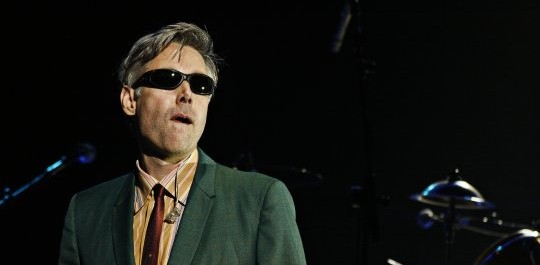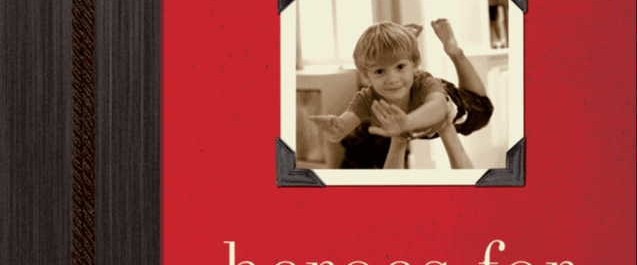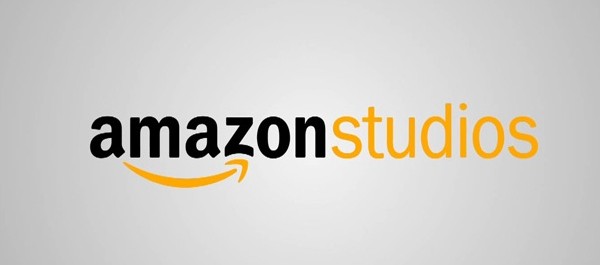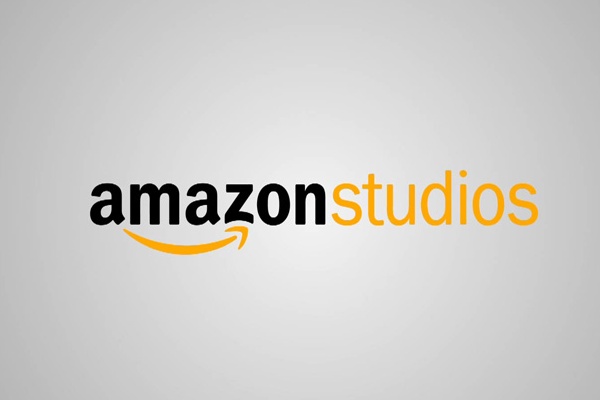(video courtesy of MC Mike Rachap over at Readeez)
On the last Popdose podcast, my co-hosts and I got together to praise the life and legacy of Levon Helm, and perhaps inevitably, a large part of the discussion centered on authenticity; from Music from Big Pink to Electric Dirt, Helm always seemed to live and create on his own terms. It often got him into trouble, but he triumphed so often — over changing trends, bankruptcy, and ill health — that his death, even coming at age 71 and after years of struggling with cancer, hit us in the gut. We thought he’d beaten his demons because we wanted him to. We saw something of ourselves in him. His mortality reflects our own.
My thoughts returned to that conversation after I heard the news of Adam Yauch’s passing today. Like Helm, Yauch had battled cancer for years — and again, we wanted to believe he’d beaten the disease. For my generation, this one hits even harder, because the Beastie Boys belonged to us. They broke through with Licensed to Ill the summer I turned 13, topping the charts and going platinum by reveling in exactly the sort of sniggering, hormone-addled stupidity that my peers and I understood.
Some of us were the same kids who’d turned Thriller into a record-setting smash, but I think Ill meant more to us. Unlike Michael, the Beasties seemed to burst, fully-formed, out of nowhere, at just the right moment to help us wield our inner wiffle ball bats through the horror of adolescence. The tools they gave us were blunt, and occasionally cruel, but they were effective; we wanted girls, and we were ready to fight for our right to party. I didn’t have any particular love for hip-hop — hell, I was a Billy Joel fan — but I stole a copy of Ill from the local Wherehouse anyway. Slipped it into the pocket of my Bugle Boys.
It could have ended there for the Beastie Boys, and a lot of people really thought it would; there were real sparks of talent on the album, but a lot of them were smothered with the sort of bigoted, misogynistic, frat-boy lunacy that some people hated about the group even then, and that kind of thing just isn’t very funny for very long. (Ask Andrew “Dice” Clay’s booking agent.)
I probably don’t need to go too far into what happened next. The upshot is this: the Beasties were always on to the next thing, sometimes the next next thing, never showing much regard for what people expected from them, and occasionally paying the price in sales. As big as they were, they probably could have been even bigger — for awhile, anyway — if they’d played the charts instead of always trying to grow.
MCA, Ad-Rock, and Mike D. were older than the kids in my generation, but not by much. They were kind of like cooler older brothers, perpetually away at college, periodically sending back bits and pieces of the stuff we should be listening to instead of all that baby crap on the radio. They saw it all before we did, from the music — frat rap with a Marshall stack, weed-scented samples, ’70s kitsch — to more important stuff, like growing from a horny teenager into a man with the courage to work for the causes that mean something to you.
They were authentic, in other words. And as with Levon, I think that’s what people really responded to. I bought every new Beasties record out of sheer excitement to hear what came next, even though I knew I probably wouldn’t warm up to it right away. I just wanted to know what they were going to do. For me and a lot of others, I think their continued vitality reflected the possibility of our own: Gray-haired guys who should have been past their prime, still trying to dig deeper into a musical genre that floats on young male machismo. If they could do it, maybe there was still hope for us.
Which is why Yauch’s death hits so hard, and why your Facebook and Twitter feed is probably full of social media-sized eulogies, and why I’m adding my own. I’m posting it here at Dadnabbit, instead of Popdose or somewhere else, because I think the way Yauch lived his public life offers a sort of object lesson for us as parents — his continued authenticity in the face of an industry, and a culture, really, that so often seeks to seduce it away from you. Any creative person who’s tasted any sort of success can tell you it’s a brain-scrambling experience, and it’s very easy to lose sight of who you really are when you know people are actively expecting you to be…anything.
It isn’t too much of a stretch to say that parenthood is the same way, is it? I don’t think so. And while there are plenty of Beastie Boys songs I’m not in any hurry to play for my kids (although they do giggle mighty hard at “Brass Monkey” and “Shake Your Rump” — thanks again, Readeez), once they’re older, you can bet that will change. Partly for reasons of nostalgia, of course (hey, I’m still just a child of the ’80s), but also because I think we can never have enough examples of people who are brave enough to grow, and confound expectations, and achieve success on their own terms. Yauch died far too young, but he left behind several lifetimes’ worth of art and a handful of timeless lessons. Thanks for everything, MCA.


![Heroes-for-My-Son-front-cover[1]](https://www.dadnabbit.com/wp-content/uploads/2012/05/Heroes-for-My-Son-front-cover1.jpg)

